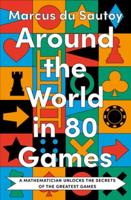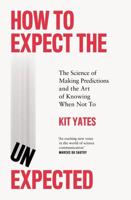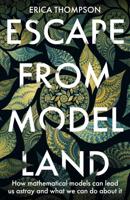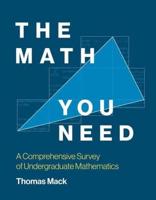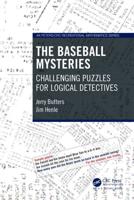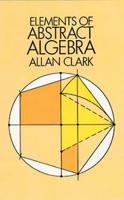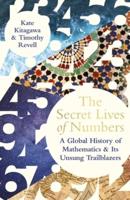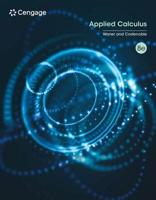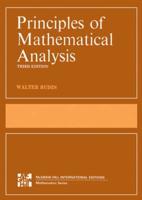Publisher's Synopsis
Provides a smooth and pleasant transition from first-year calculus to upper-level mathematics courses in real analysis, abstract algebra and number theory
Most universities require students majoring in mathematics to take a "transition to higher math" course that introduces mathematical proofs and more rigorous thinking. Such courses help students be prepared for higher-level mathematics course from their onset. Advanced Mathematics: A Transitional Reference provides a "crash course" in beginning pure mathematics, offering instruction on a blendof inductive and deductive reasoning. By avoiding outdated methods and countless pages of theorems and proofs, this innovative textbook prompts students to think about the ideas presented in an enjoyable, constructive setting.
Clear and concise chapters cover all the essential topics students need to transition from the "rote-orientated" courses of calculus to the more rigorous "proof-orientated" advanced mathematics courses. Topics include sentential and predicate calculus, mathematical induction, sets and counting, complex numbers, point-set topology, and symmetries, abstract groups, rings, and fields. Each section contains numerous problems for students of various interests and abilities. Ideally suited for a one-semester course, this book:
- Introduces students to mathematical proofs and rigorous thinking
- Provides thoroughly class-tested material from the authors own course in transitioning to higher math
- Strengthens the mathematical thought process of the reader
- Includes informative sidebars, historical notes, and plentiful graphics
- Offers a companion website to access a supplemental solutions manual for instructors
Advanced Mathematics: A Transitional Reference is a valuable guide for undergraduate students who have taken courses in calculus, differential equations, or linear algebra, but may not be prepared for the more advanced courses of real analysis, abstract algebra, and number theory that await them. This text is also useful for scientists, engineers, and others seeking to refresh their skills in advanced math.

